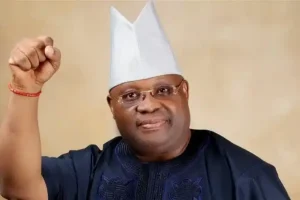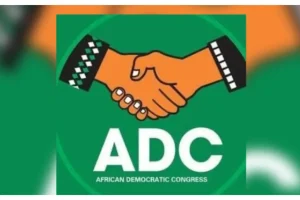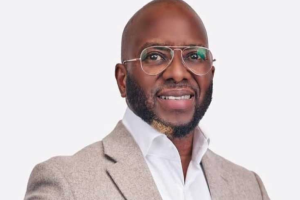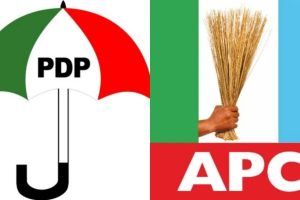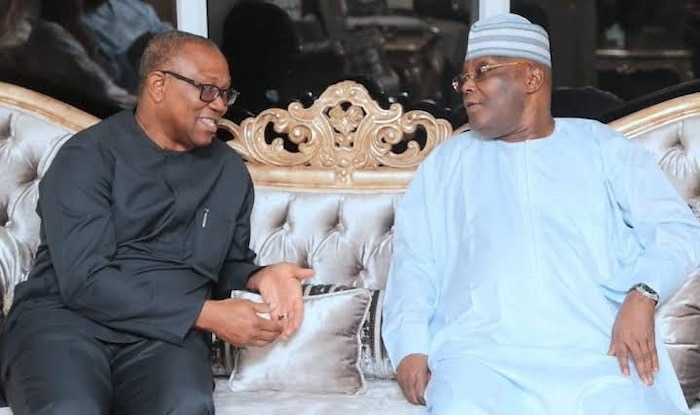
Umar Ibrahim, media aide to Peter Obi, the 2023 presidential candidate of the Labour Party (LP), has confirmed that his principal is open to forming an alliance with former Vice President Atiku Abubakar to challenge the ruling All Progressives Congress (APC).
Speaking in an interview with Punch, Ibrahim emphasized Peter Obi’s commitment to building a better Nigeria, stating that collaboration with like-minded leaders is on the table, provided their intentions are not rooted in state capture.
“This dedication stems from Obi’s unwavering belief in the country’s potential and his focus on the welfare and prosperity of all Nigerians,” Ibrahim said. “Both Obi and Atiku are willing to work together to save Nigeria from the tyranny of the APC-led administration. However, Obi’s commitment to collaboration is not limited to any individual or party. He remains open to anyone who shares his vision for Nigeria.”
Broadening the Opposition Coalition
The discussion of an Obi-Atiku alliance comes as the Coalition of United Political Parties (CUPP) and other opposition groups call for broader coalitions to challenge the APC. Peter Ahmeh, the National Secretary of the CUPP and a key member of the Social Democratic Party (SDP), also spoke on the importance of unity among opposition parties.
According to Ahmeh, while a coalition between Peter Obi and Atiku could strengthen the opposition, it would need to address larger issues such as electoral reforms to ensure free and fair elections. He emphasized that structural changes to the voting process, particularly the elimination of coalition centers where results are often manipulated, are critical.
“Our elections must be decided at the polling unit,” Ahmeh said. “Ghana has shown us how this can be done. Votes are cast, recorded, and announced directly at the polling unit. This is the type of transparency we need to avoid fraudulent manipulations and ensure the will of the people is respected.”
Ahmeh also pointed out the importance of balancing regional representation in the coalition. “If a person from southern Nigeria is not on the ballot, there will be significant political and regional sentiments,” he said. “The opposition must find common ground to unify the electorate and put the nation’s interest first.”
Diverging Views on Coalition Politics
While some leaders see alliances as crucial, others argue that coalitions alone are insufficient. Shehu Gabam, the National Chairman of the Social Democratic Party (SDP), expressed skepticism about the effectiveness of political coalitions, citing longstanding mistrust and disorganization among parties.
“The political decay and loss of trust in parties are significant hurdles,” Gabam noted. “What Nigerians are looking for is a movement of credible individuals who can deliver real change, not necessarily a coalition of parties. Credibility and a proven track record matter more to the electorate than party affiliations.”
He further explained that while alliances could help bring parties together, their success would depend on leaders’ ability to foster trust and transparency among themselves and with the public.
APGA’s Commitment to Progress
Similarly, Sly Ezeokenwa, National Chairman of the All Progressives Grand Alliance (APGA), expressed his party’s readiness to collaborate with other progressive forces to build a better Nigeria. Speaking to journalists in Abuja, Ezeokenwa highlighted APGA’s ongoing efforts to reconcile internal divisions and expand its influence beyond the South East.
“APGA is prepared to work with all progressive forces across party lines,” Ezeokenwa said. “We believe in our country and are committed to its development. As part of this effort, we have granted amnesty to party members who are genuinely repentant, irrespective of their roles during past internal crises.”
The Road Ahead
With the 2027 elections on the horizon, opposition parties face immense pressure to unify and present a credible alternative to the APC. While discussions of coalitions are underway, the focus on electoral transparency, regional representation, and trust-building among political leaders will be critical to any alliance’s success.
Observers agree that the next few months will be pivotal as opposition leaders like Peter Obi, Atiku Abubakar, and others decide whether they can overcome their differences to rally behind a shared vision for Nigeria. Whether through coalitions or a broader movement of credible individuals, the opposition’s ability to galvanize public support will determine its success in reshaping Nigeria’s political future.


